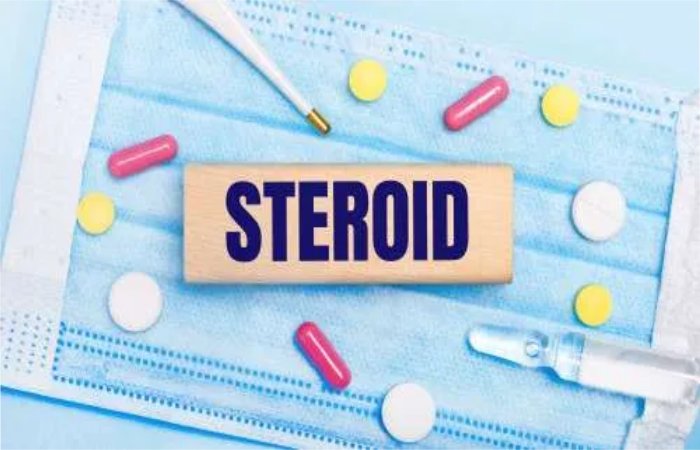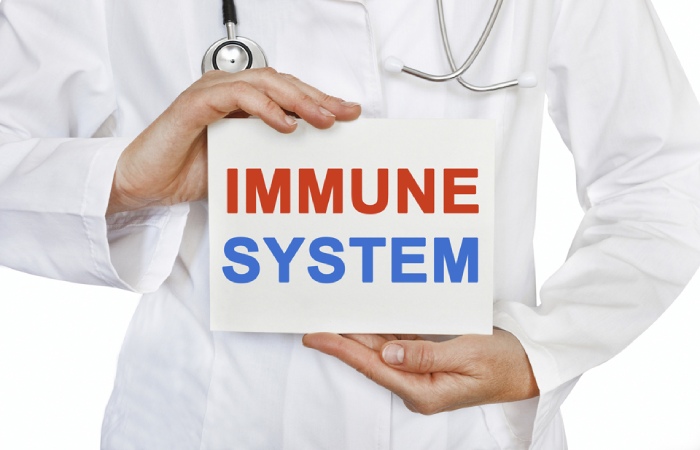How long is immune system compromised after steroids – Steroids are commonly used to treat several medical conditions, from allergies to inflammatory diseases. They reduce inflammation, which can help reduce pain, swelling, and other symptoms. However, steroid use comes with possible side effects, including immune system suppression.
It can make people more susceptible to infections and other diseases. Did you know that short-term use of corticosteroids increases the risk of developing sepsis from a life-threatening bacterial infection, according to a National Center for Biotechnology Information study? It highlights the importance of understanding the things of corticosteroids on the immune system, as even short-term use can have potentially serious consequences.
If you are taking steroids or thinking about taking them, it is essential to understand how they can affect your immune system and how long this effect can last. In this post, I will explore the impact of steroids on the immune system and answer the question on many people’s minds:
Table of Contents
How do Steroids Affect the Immune System?

If you have been given steroids, you may wonder how they affect your immune system. Steroids are known to have anti-inflammatory and immunosuppressive effects. It means that while they can help reduce inflammation and swelling, they also suppress the immune system, which is a reason for fighting infection and viruses. When you take steroids, they bind to specific receptors in your body and affect the production and function of immune cells.
For example, steroids can reduce the number of white blood cells wanted to fight infections and reduce the activity of T cells, which recognize and attack foreign invaders. While steroids can help treat various conditions, with autoimmune disorders and inflammatory diseases, they can also increase the risk of infections and diseases. It is vital to carefully follow your doctor’s instructions and take steps to protect yourself from illness, such as washing.
How Long is the Immune System Affected After Steroid Use?

The time it takes for the immune system to become compromised after taking steroids can vary depending on the kind and dose of steroid used and the individual’s overall health. Long-term use of steroids can lead to prolonged immune system suppression, making people more prone to infections and illnesses. On the other hand, short-term use of low-dose steroids may not significantly affect the immune system. It is best to talk to your doctor about steroid use’s specific risks and side effects.
In general, oral or topical steroids have a shorter duration of action than intramuscular injections. It is because they are quickly broken down and excreted from the body.
Use Of Corticosteroids
For example, the half-life of prednisone, a corticosteroid pill, is approximately 18 to 36 hours. This means that it takes between 18 and 36 hours for the body to eliminate half the drug dose. The other half is lost in the next 18 to 36 hours. After four to five half-lives, the drug is essentially eliminated from the body. In the case of prednisone, it will take four days and a week to stop the medicine from the body.
Anabolic Steroid Use
In contrast, the half-life of a steroid like Depomedrol (a type of steroid injected into the muscle) is much longer, around 21 days. It means it takes about three weeks for the body to eliminate half a dose of the drug. And it will take even longer to eliminate all of the drug.
Factors that Impact the Immune System is Compromised After Steroids
When you take steroids, your immune system may be compromised. However, the time it takes for your immune system to become compromised can vary depending on a few factors. Here are five factors that can affect how long your immune system is compromised after taking steroids:
- Dosage: The higher the steroids you take, the longer your immune system can last. High doses of steroids can suppress the immune system more than lower doses.
- Duration: The longer you take steroids, the longer your immune system may be affected. If you take steroids for a short period. Your immune system may recover more quickly than if you take them for a more extended period.
- Type of steroids: Different types of steroids can affect your immune system differently. For example, some steroids are more potent than others and can suppress the immune system for a long time.
- Underlying health conditions: If you suffer an underlying health illness that affects your immune system, such as HIV or cancer. Your immune system may take longer to recover after taking steroids.
- Age: As you age, your immune system may not work as well as it did when you were younger. This means that if you are an older adult, it may take longer for your immune system to recover after taking steroids.
It is important to note that the time it takes for your immune system to become compromised after taking steroids can vary from person to person. If you have concerns about how steroids affect your immune system, you should talk to your doctor.
Conclusion
While steroids can be effective in managing a variety of conditions. They can also have a significant effect on the immune system. The time it takes for your immune system to be compromised after taking steroids depends on various factors. Including the dosage and duration of treatment and your overall health and immune function. If you take steroids for a short time, such as to control a chronic illness flare, your immune system may be compromised for only a few days or weeks.
Also Read: Best Shorts to Wear Under Your Dresses
